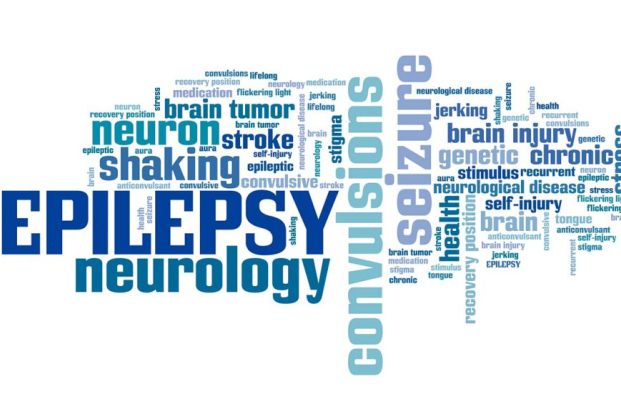Epilepsy: Causes, Symptoms and Treatments
Apr 19, 2022
Healthy people may have seizures under certain circumstances. If the seizures have a known cause, the condition is referred to as secondary or symptomatic epilepsy. Epilepsy has no identifiable cause in about half the people with the condition. In the other half, the condition may be traced to various factors. Below are a few factors listed that can cause epilepsy:

- Genetic Factors:
Some types of epilepsy, which are categorized by the type of seizure you experience or the part of the brain that is affected, may run in families. In these cases, it’s likely that there’s a genetic influence. Certain genes may make a person more sensitive to environmental conditions that trigger seizures.
- Head Injury or Trauma :
Head trauma as a result of an accident or another traumatic injury can cause epilepsy. It is important to report any such incident to your neuro specialist.
- Brain conditions:
Brain conditions that cause damage to the brain, such as brain tumors or strokes, can cause epilepsy. Stroke is a leading cause of epilepsy in adults older than age 35.
- Infectious diseases:
Infectious diseases, such as meningitis, AIDS and viral encephalitis, can cause epilepsy.
- Prenatal injury:
Before birth, babies are sensitive to brain damage that could be caused by several factors, such as an infection in the mother, poor nutrition or oxygen deficiencies. This brain damage can result in epilepsy or cerebral palsy.
- Developmental Disorders:
Epilepsy can sometimes be associated with developmental disorders, such as autism and neurofibromatosis.
Symptoms associated with Epilepsy:
Before a seizure, many people experience a warning sign called an aura, which may involve a particular smell, feeling, or visual effect. After a seizure, a person may be confused, tired, or sleepy, may experience muscle aches or soreness, and may not remember what happened.
- Temporary confusion
- A staring spell
- Uncontrollable jerking movements of the arms and legs
- Loss of consciousness or awareness
Treatment and Medication for Epilepsy:
Most people with epilepsy can become seizure-free by taking one anti-seizure medication, which is also called anti-epileptic medication. Others may be able to decrease the frequency and intensity of their seizures by taking a combination of medications.
Many drugs can treat epilepsy, including:
- Sodium Valproate
- Lamotrigine
- Levetiracetam
- Oxcarbazepine
- Carbamazepine
- Topiramate
- Phenytoin
Few patients who do not respond well to medications are refractory epilepsy cases. There is a role of surgery also in selected cases. We should fight against the solid taboos associated with epilepsy.








